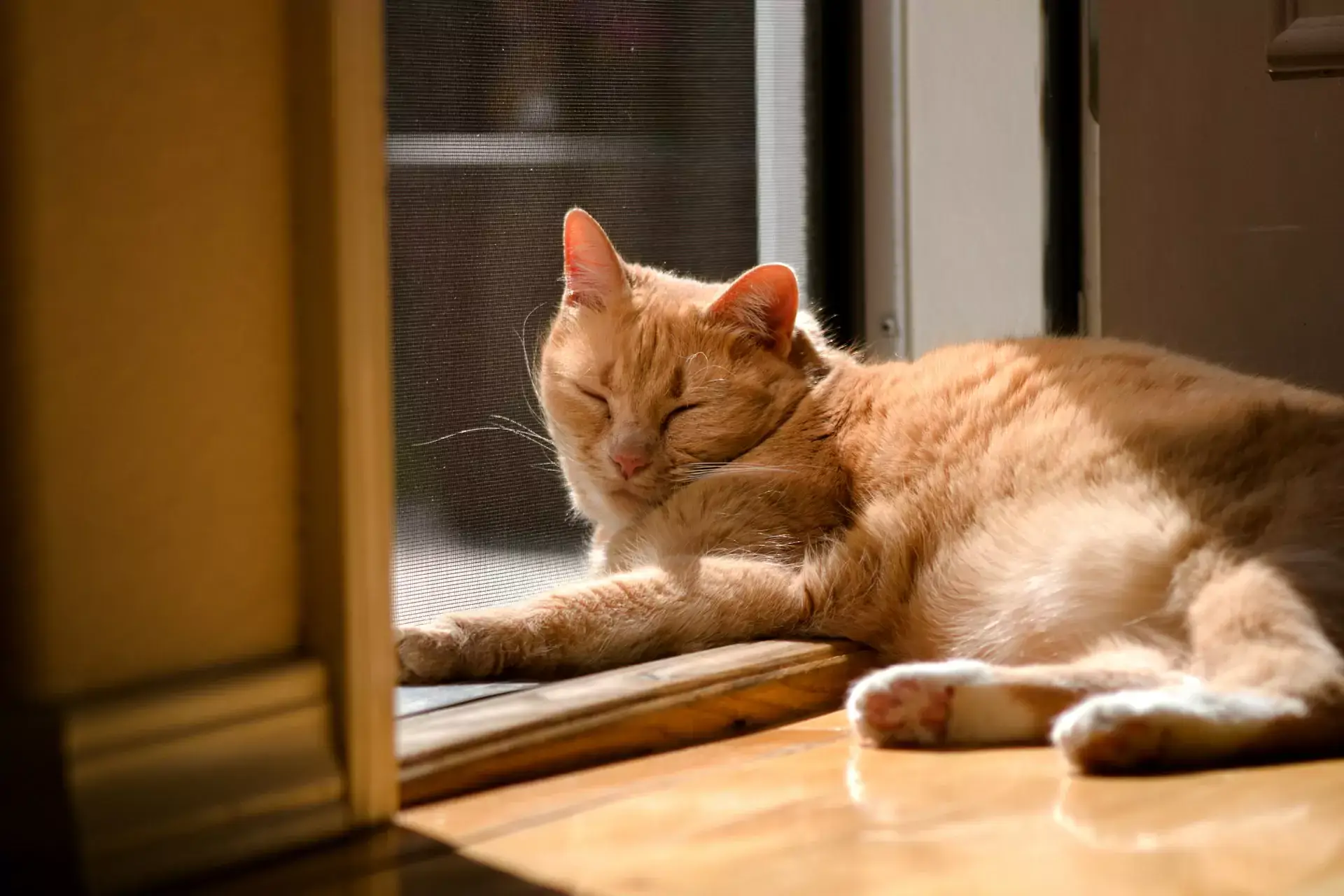Learn More About Your Cat’s Preferred Plant
If there’s one indulgence that most of our feline friends can agree on, it’s catnip. This fascinating plant makes our cats go wild, but how much do you really know about this aspect of your cat’s behavior and care? Learn more here from an Edison Park, FL vet.
What is Catnip?
Catnip is actually an herb, and you’ll be surprised to learn that it’s related to other herbs in your spice garden, like mint. The plant originated in Europe but has since spread all over the world, and can be found across North America. In the wild, the leafy green catnip plant stands a few feet tall and boasts white flowers with characteristic purple spots.In a pet store, you’ll be able to purchase “raw” catnip—a dried, processed version of the wild plant that looks similar to oregano or basil flakes you probably have in your spice cabinet—or toys, sprays, and other products with catnip infused into them.
Why Does Catnip Affect Cats?
The oil of the catnip plant contains a chemical substance called nepetalactone. It’s this substance that is the root cause of your cat’s reaction the herb, as it triggers a chemical reaction in your feline friend’s brain. Some experts note that the reaction occurs in the same area of the brain that causes sexual responses; in this way, catnip is almost a sort of feline aphrodisiac!
Different cats react to nepetalactone in different ways. Some will dart to and fro in an excited manner, while others will simply stretch out on their backs and relax in a state of bliss. Other cats might rub their faces or bodies vigorously in the area where catnip has been sprinkled.
Why Isn’t My Cat Reacting?
You might find that your cat doesn’t react to catnip—that’s okay. A cat needs a particular gene, inherited from the parents, to respond to nepetalactone. If they don’t have it, catnip won’t do anything!
Is Catnip Safe?
Yes, catnip is perfectly safe for your pet. The chemical reaction that catnip causes doesn’t harm your pet in the least. In fact, the effects of catnip only last a few short minutes before wearing off entirely. There’s no chance of your cat becoming addicted to catnip, or overdosing, so feel free to offer it to your cat as often as you would like.
Learn more about catnip by calling your Edison Park, FL veterinarian.





